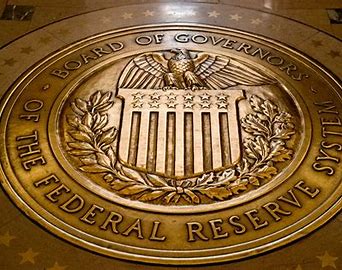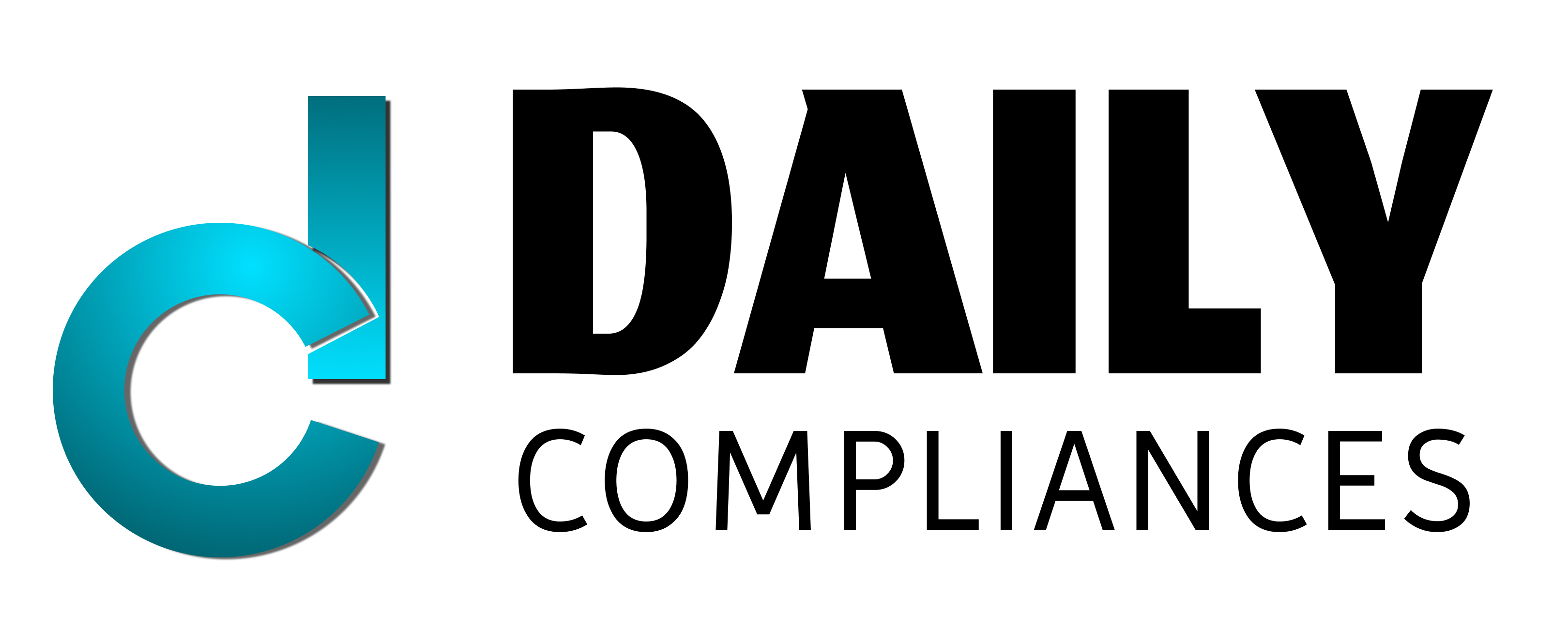
May 11, 2023
The Federal Reserve is expected to raise interest rates in March: What does this mean for your finances?
- Admin
The Federal Reserve is expected to raise interest rates in March in an effort to combat inflation, which is at a 40-year high. This means that it will become more expensive to borrow money, which could have a number of implications for your finances.
Here are a few things to keep in mind:
- Your mortgage or other loans may become more expensive. If you have a variable-rate mortgage, your monthly payments could go up as interest rates rise. Even if you have a fixed-rate mortgage, your interest rate could still go up if your lender passes on higher borrowing costs to borrowers. Other loans, such as car loans and credit card debt, could also become more expensive.
- Your savings may earn less interest. When interest rates rise, banks and other financial institutions are able to earn more money on the loans they make. This means that they may be less likely to offer high interest rates on savings accounts and other deposit accounts.
- Your investments may lose value. When interest rates rise, it can make it more difficult for companies to make a profit. This can lead to lower stock prices and other investments.
If you're concerned about the impact of rising interest rates on your finances, there are a few things you can do to prepare:
- Make sure you have a budget and are sticking to it. This will help you to make sure that you're not spending more money than you can afford, even if your expenses go up.
- Pay down debt as quickly as possible. The less debt you have, the less you'll have to pay in interest each month.
- Consider investing in assets that are less sensitive to interest rates, such as real estate or stocks. These assets may not lose value as much as other assets, such as cash or bonds, when interest rates rise.
Rising interest rates can have a number of implications for your finances. By taking steps to prepare, you can minimize the impact of these changes.
Here are some additional tips for preparing for rising interest rates:
- Review your budget and make sure you can afford your monthly payments even if they go up.
- Pay down any high-interest debt, such as credit card debt, as quickly as possible.
- Consider refinancing your mortgage or other loans if you can get a lower interest rate.
- Invest in assets that are less sensitive to interest rates, such as real estate or stocks.
- Have a rainy day fund in case of unexpected expenses.
By taking these steps, you can be prepared for the impact of rising interest rates on your finances.



























